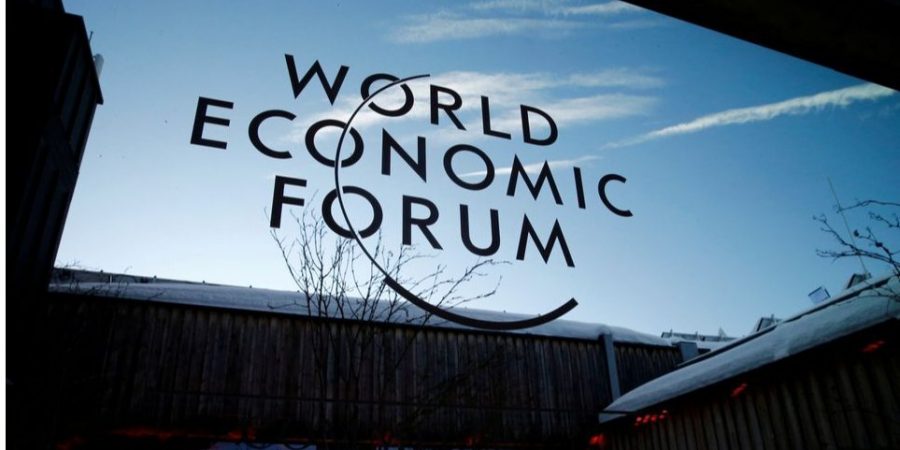Doing business

Leading experts from 130 countries and heads of state and government of the most powerful players on the international stage met in Davos to discuss key topics of the present and the future.
Gita Gopinath, Deputy Managing Director of the International Monetary Fund, told the forum participants that the IMF expects the global economy to “improve” in the second half of the year. In general, at Davos, business leaders and top officials expressed optimism on the issue as China loosens its grip on the coronavirus, the U.S. begins a boom in green investment, and Western Europe adjusts to the economic consequences of Russian aggression against Ukraine.
The cooperation of the private and public sectors and the attraction of large-scale capital is the key to the rapid and successful reconstruction of Ukraine after the war. Goldman Sachs Chairman and CEO David Solomon and BlackRock CEO Larry Fink stated this at the WEF.
According to the head of Goldman Sachs, the process of rebuilding the country will not be simple and linear, and will require a significant amount of capital. Details on what the heads of major investment banks said.
According to Yulia Sviridenko, First Deputy Prime Minister and Minister of Economy of Ukraine, four priority sectors worth investing into should become the driving force of the economic recovery in Ukraine:
Regarding the latter industry, the United States seeks to replicate the success of the Ukrainian e-government program “Diia” in other interested countries. This was announced in Davos by USAID Administrator Samantha Power. According to her, Ukraine is ready to share its approach and technologies with other countries, and the USA will contribute to the maximum spread of these technologies and developments in the world.
Real estate representatives offered an interesting solution for the world community and forum participants. It is known that tens of millions of workers were forced to move home during the quarantine triggered by the spread of COVID-19 in 2020. Now, a significant portion of them still work remotely, and large office spaces remain empty. That is why it was proposed to turn such properties into apartments – this will help prevent a housing crisis in many countries.
Mykhailo Fedorov, Deputy Prime Minister and Minister of Digital Transformation of Ukraine, told in Davos about the plans of the Ministry of Digital Transformation to create its own state cryptocurrency in 2030. By that time, the government should significantly reduce the circulation of conventional paper money. The Minister assured that he himself is ready to receive a salary in cryptocurrency, becoming the first user of the Ukrainian CBDC.
Also at Davos, Ministry of Digital Transformation and its partners presented the Impact Business in-depth acceleration program. It will support 25 Ukrainian businesses operating in various industries and seeking to make positive social change part of their strategy. Read more about this program.
Mayor of Lviv Andriy Sadovyy spoke about the idea of creating a transportation hub in Zhovkva in Lviv Region. He said that “Ukrzaliznytsia” is planning to build three narrow routes of European standard to Lviv: from Warsaw direction, from Kraków through Peremyshl, and from Hungary. That is why the idea to develop a transport hub in Zhovkva appeared.
You can follow DIA’s updates, current content and digital products on our Telegram, Facebook and official website.